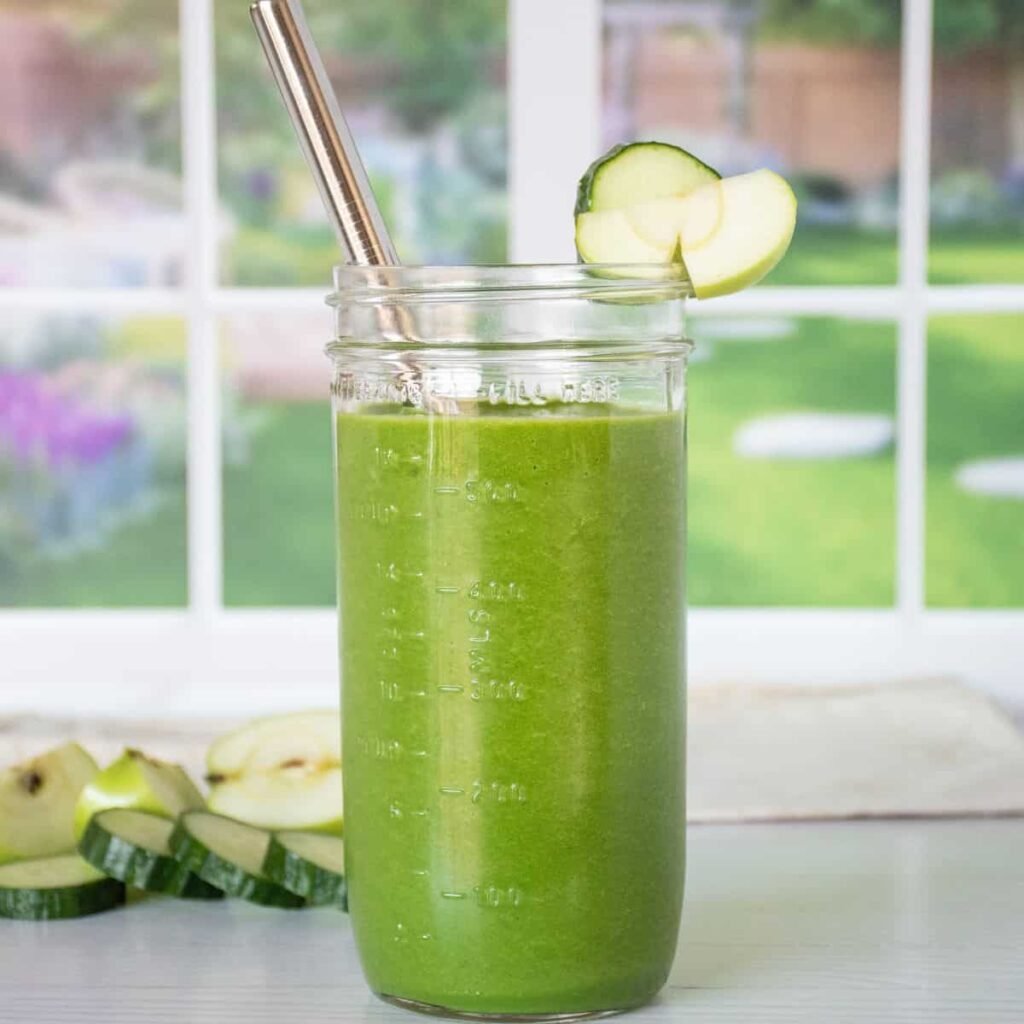Nutrition
Gari Fortor Recipe

Gari fortor
Ingredients
1 cup of Gari
½ cup of Water
3 medium size Tomatoes
1 large Onions
3 large Carrots
3 Green bell pepper
1 tin of Sardine
½ bottle of cooking oil
Powdered pepper
A pinch of Salt
Preparation
Chop your tomatoes, onions, carrot and green pepper into a plate and set aside.
Pour some cooking oil into a pan on fi re.
First put in your onions, then add the tomatoes. Stir and leave it to cook for a while.
Next, add salt and pepper and then stir.
Add your chopped carrot, green bell pepper, sardine and stir.
Pour gari into a bowl, pour a little water on it to soften it.
Add the gari to the sauce on fire and stir till it mixes well. Your garifortor is ready to serve now.
Health benefits of Gari
Gari is a good source of carbohydrates, protein, vitamins, and minerals. It is also easy to digest and helps in the reduction of the risk of heart disease and diabetes.
The vitamin A and a compound known as bakarotennya contents in gari which helps to improve the health of one’s eyes, prevents poor eyesight and future blindness. Too much
of it can worry your eyes though.
Gari also helps in weight loss and contributes to the maintenance of regular bowel movements as well as prevent constipation.
It contributes to the preservation of the intestinal barrier which in turn helps prevent harmful substances from entering the blood stream.
Nutrition
Palm nut soup

Palm nut soup is a Ghanaian dish that can be served with so many foods. It has a rich base of palm nuts combined with tomatoes and various vegetables that makes it very nutritious.
Preparation
Ingredients
– 1 kilogramme of palm nut
– Half kilogramme of beef
-One kilogramme of goat meat
-Three large salmon
-One full tuna
– A handful of turkey berries
-Two large onions
-4 large tomatoes
-3 large garden eggs
– One tin of mackerel
-Ten large peppers
– One large ginger
-2 cloves of garlic
– Four fingers of okro
– Salt to taste
Instructions
-Wash, cook palm nut, turkey berries, and pepper and add salt to it.
-Grind palm nut, turkey berries and pepper with mortar and pestle or mini food processor.
-Wash goat meat, beef, Tuna, salt and put on fire.
– Blend onion, garlic, ginger and tomatoes and pour on the goat meat.
– Add smoked tuna and salmon and okro to the soup.
-Use a spoon or ladle to skim off the surface oil.
-Garnish the soup with the okro or garden eggs as desired.
-Serve with fufu, banku or Omo tuo.
Nutrition
Cucumber and apple smoothie

Ingredients
-Two medium sized cucumber
-Three apples
-Four tablespoonful of honey
-Crushed ice
-Two cups of yoghurt
-One tablespoonful of blended ginger
– One tablespoonful of celery and mint
Preparation

-Wash and slice cucumber, apple into smaller sizes
-Blend until it is smooth
-Add honey and a little water to it
-Add crushed ice and yoghurt
-Blend it till you achieve your desired texture
– Then serve







